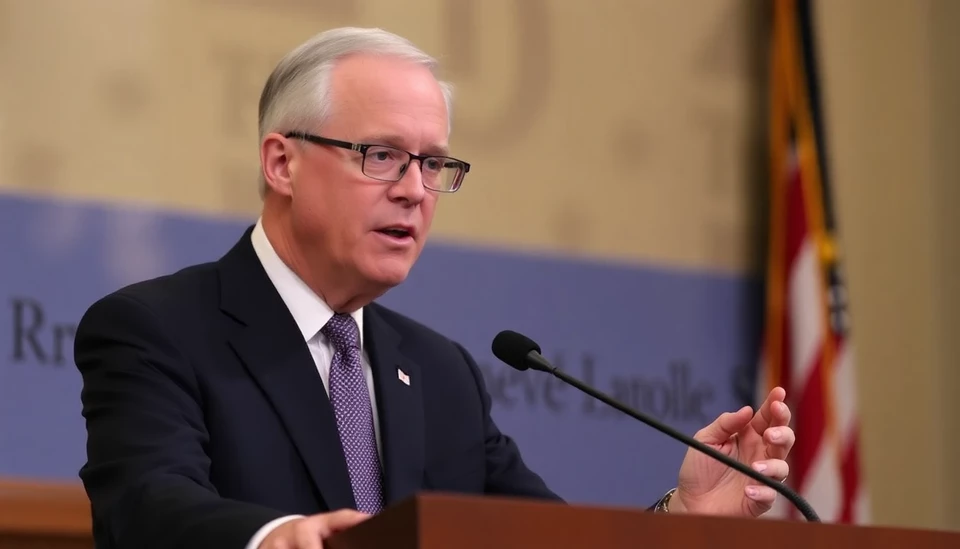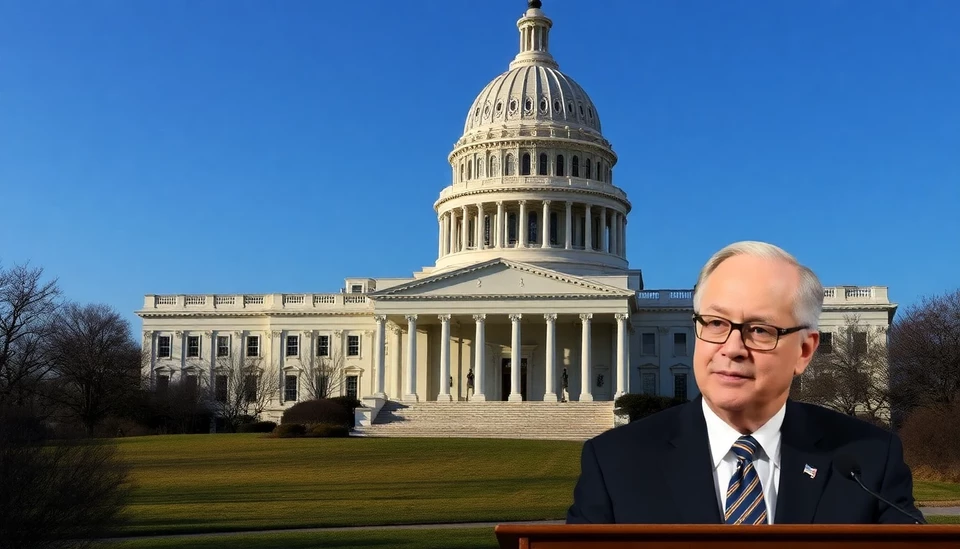
In a significant address that has captured the attention of economists and investors alike, Federal Reserve Chair Jerome Powell outlined vital points regarding the current state of the economy, inflation trajectories, and job market dynamics. His insights come at a time when many are closely monitoring how the Federal Reserve will respond to recent economic developments.
Powell emphasized the ongoing challenges presented by inflation, which remains elevated despite previous attempts to bring it under control. He noted that while there have been promising signs of moderation in certain sectors, particularly in energy and goods production, inflation in services and rent continues to place upward pressure on overall price levels. This reflects a complex economic landscape where healing is uneven across different industries.
One of the pivotal takeaways from Powell's speech was his commentary on interest rates. He hinted that the Fed is prepared to maintain a cautious approach, potentially keeping rates higher for longer than initially anticipated. This strategy aims to ensure that inflation trends more decisively toward the 2% target. Powell made it clear that the Fed's decision-making process would be data-driven, with an emphasis on staying responsive to economic indicators as they unfold.
On the subject of tariffs, Powell addressed the possibility of shifting U.S. trade policies that may have impacts on domestic prices. He stated that elevated tariffs could exacerbate inflationary pressures in the short term. However, he remained optimistic about the long-term benefits of a stable trading environment, suggesting that easing trade barriers could provide a boost to both consumer prices and broader economic growth.
In addition to inflation and tariffs, Powell also discussed the labor market's strength, noting that job creation continues to outpace expectations in many sectors. This resilience in employment figures underscores a critical component of economic growth, even amid rising costs. However, he acknowledged that disparities in job availability and wage growth across different demographics remain a pressing concern for policymakers.
As he concluded his remarks, Powell urged a focus on the long-term economic stability rather than short-lived trends. He signaled that while immediate actions may be necessary to combat inflation, such measures should not undermine future growth prospects. His comments resonate with a cautious optimism that recognizes the interconnectedness of various economic components.
Investors, businesses, and policymakers will undoubtedly be scrutinizing these insights in the weeks to come, as the Fed's decisions will shape the economic landscape moving forward. As the dialogue around inflation, interest rates, and employment evolves, Powell's guidance will play a crucial role in navigating the challenges ahead.
As always, the Fed remains committed to its dual mandate of fostering maximum employment while promoting stable prices, a balancing act that continues to prove complex in today's economic climate.
#PowellSpeech #FederalReserve #Inflation #InterestRates #Economy #JobMarket #Tariffs
Author: Rachel Greene
